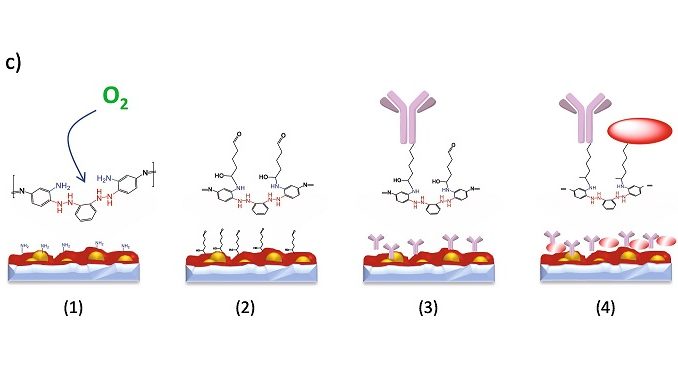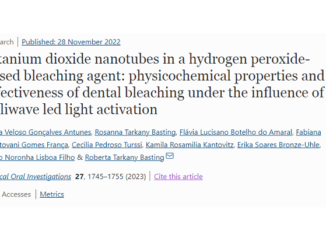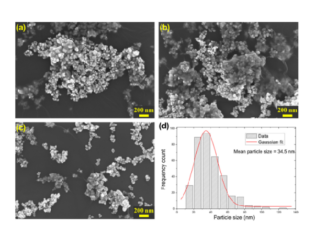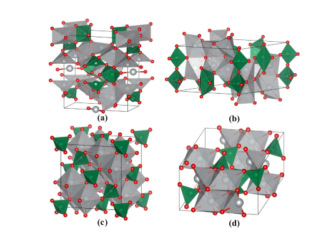
Methylated DNA impedimetric immunosensor based on azo-polymer-AuNPs dots and 5-methylcytosine antibody using dissolved oxygen as a redox probe
Abstract: The present work describes the development of an electrochemical immunosensor for the direct determination of methylated DNA using dissolved oxygen as the redox probe. The oxygen-sensitive response is possible due to the presence of a redox conducting polymer based on the Bismarck Brown Y dye (poly(azo-BBY)). In addition to the azo-polymer, gold nanoparticles (AuNPs) were formed in the polymer film by encapsulation to increase the active surface area and enhance sensor performance. The platform was easily synthesized using a single-step electropolymerization technique in a solution containing the BBY monomer and HAuCl4 salt. The immunosensor was developed by simply immobilizing the 5-methylcytosine antibody (Ab-5-mC) with high affinity to 5-mC on the surface of a device coated with azo-polymer-AuNPs dots. No secondary antibodies or enzymes were used in constructing this device. The immunosensor performance was evaluated by electrochemical impedance spectroscopy (EIS) in different concentrations of 5-methylcytosine (5-mC) in 0.10 mol L−1 phosphate buffer solution (PBS) solution containing atmospheric oxygen. A calibration curve was obtained by varying the resistance of the system as a function of the 5-mC concentration, revealing a limit of detection (LOD) in picograms per milliliter.
Author(s): Olean-Oliveira, A.; Seraphim, P. M.; Teixeira, M. F. S.
Electrochemistry Communications
Published: March 2022, Volume 136, 107242
DOI: https://doi.org/10.1016/j.elecom.2022.107242
CDMF
The CDMF, hosted at the Federal University of São Carlos (UFSCar), is one of the Research, Innovation and Dissemination Centers (RIDC) supported by the São Paulo State Research Support Foundation (Fapesp), and also receives investment from the National Council Scientific and Technological Development (CNPq), from the National Institute of Science and Technology of Materials in Nanotechnology (INCTMN).




